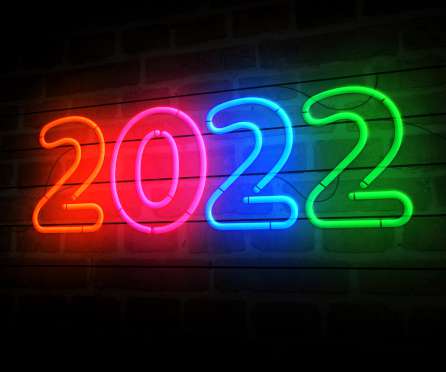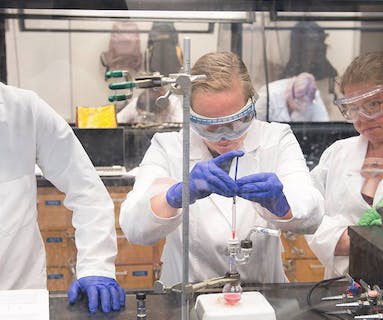The Future of Canvas
eSchool News
AUGUST 11, 2023
We hit on a number of topics that will affect the way educators and students teach and learn, including post-pandemic behaviors, student security, the pursuit of equitability and education, and the future of hybrid learning. Plus of course, AI, AI and yes, a little more AI.












Let's personalize your content